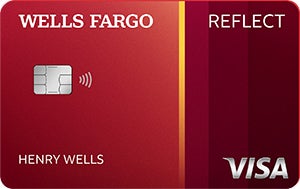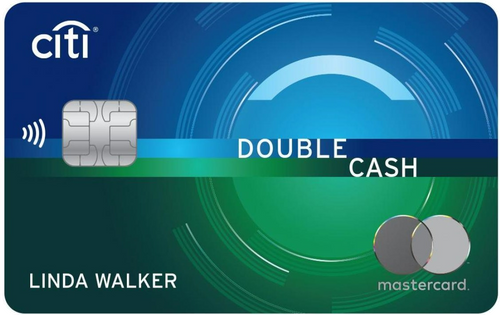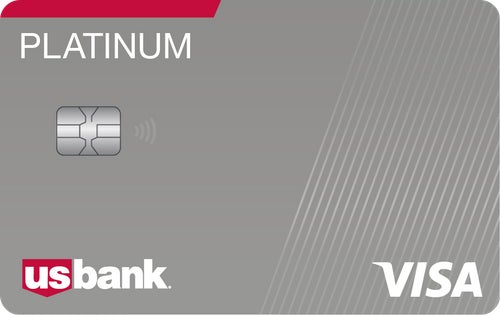There are numerous options to choose from, so we compiled your top options for you based off of our extensive research. Once you’ve selected the best-fitting balance transfer card for your needs, review your outstanding debts and the interest rates associated with each. Transfer the outstanding debt with the highest interest rate to your new balance transfer card. Remember to use the introductory period to take advantage of no interest charges and pay off all of that transferred debt. Also: Six facts you should know about 0% APR credit cards Here are the best balance transfer credit cards: [This article was first published on The Simple Dollar in 2020. It was updated in March 2022.] The card has no rewards, but 21 months is a long time to have to pay down a balance. If you need the extra time, this isn’t a bad option to choose. It even comes with some useful perks, like cell phone protection and roadside dispatch. Pro
Long intro offerNo annual feeGood benefits
Cons
No rewardsBalance transfer fee
Keep in mind using the card for new purchases after transferring a balance isn’t the best strategy, unless your monthly payments are large enough to cover both the new purchases and pay down the transferred balance within the intro period. Pros
2% cashback for every purchaseLong intro balance transfer offerNo annual fee
Cons
Few perksBalance transfer fee
Cardholders will have 18 billing cycles to pay down the balance at 0% interest before the normal APR of 19.24% to 29.24% (Variable) applies. The intro offer also applies to new purchases. There are no rewards, and there’s a balance transfer fee of 3% of the amount transferred or $5 minimum, whichever is greater. Pros
Long intro 0% APR for balance transfers and purchasesNo annual feeCell phone protection
Cons
Balance transfer feeNo rewardsFew perks
Make sure you keep making payments towards your original card until the transfer closes to avoid late fees and other penalties, and then transfer your balance before the new card’s introductory offer ends. Your credit should go up again if you use credit responsibly over time and pay your credit card bill on time every month, particularly since payment history accounts for a significant impact on a credit score. When you finally pay off your accruing debt, your credit score will likely go up. Here’s a list of credit score components that are most likely to be impacted by a balance transfer:
Credit utilization, or how much of your credit is used compared to how much is availableCredit history length, or how long you’ve had a credit line openNew credit or other new credit card accounts
Also: The best credit cards for good credit Balance transfer fee tip: Most people don’t realize that balance transfer fees are negotiable. That’s especially true if you’re a new customer, as many credit card issuers will waive certain fees to get you to sign the dotted line (if you’re approved). The smart move is to contact the credit card company you’re interested in and ask if they are willing to negotiate. Chase can take up to 21 days for a balance transfer. It’s an inexact science, but you can regularly check your accounts to see when the transfer processes. It’s wise to time the beginning of your balance transfer process right after you’ve made a payment to avoid risking a late payment fee on your existing account. Make sure you continue to make minimum payments on the card you transferred the balance from until the process is complete. Also: The best secured credit cards for your business Regular APR: Once the introductory rate is over, the regular annual percentage rate will become your new rate. Balance transfer fee: Many cards charge a fee that applies to the balance transferred. This fee is usually a percentage of the total balance. Annual fee: While many balance transfer cards waive the annual fee for the first year, some will charge an annual fee thereafter. Credit score needed for approval: It is important to know if your credit score is high enough to be considered for approval. Rewards: Many balance transfer cards offer rewards for travel, everyday spending or cashback.





